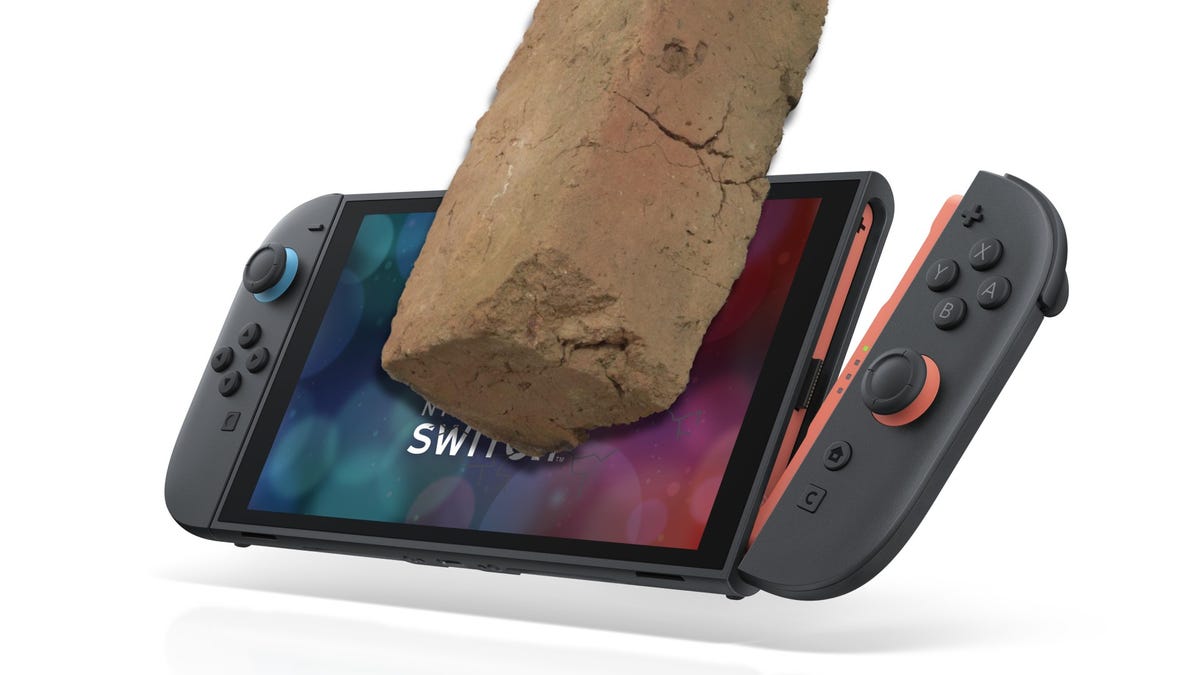Nintendo's Anti-Piracy Strategy: A Closer Look
The Solution To Nintendo’s Ineffective Battle Against Piracy Isn't Bricking People's Switches 🔗

Nintendo's recent strategy to combat piracy involves threatening to "brick" users' Switch consoles if they modify their devices. This move is part of an expanded user agreement emphasizing the consequences of hardware tampering. While some modifications, like homebrew applications, have legitimate uses, the company seems to overlook the historical context of piracy and its impact on sales. Notably, despite piracy concerns, the Switch has sold over 150 million units, indicating that unauthorized access hasn't necessarily harmed its success. The article suggests that instead of punitive measures, Nintendo should improve its eShop experience to provide better services and deter piracy effectively.
What does Nintendo's new policy entail regarding hardware modifications?
Nintendo reserves the right to make a user's Switch console unusable if they are found modifying the hardware, as stated in a recent user agreement update.
Why is homebrew software significant in the context of console culture?
Homebrew software allows users to create and play unofficial games on their consoles, which has been an integral part of gaming culture. While it can lead to piracy, it also enables legitimate creative expression and access to games that may not otherwise be available.
What alternative solution does the article propose to combat piracy?
Rather than punitive actions, the article suggests that Nintendo should enhance the eShop's performance and user experience, making it more appealing for customers to purchase games legitimately and thus reduce the temptation to engage in piracy.